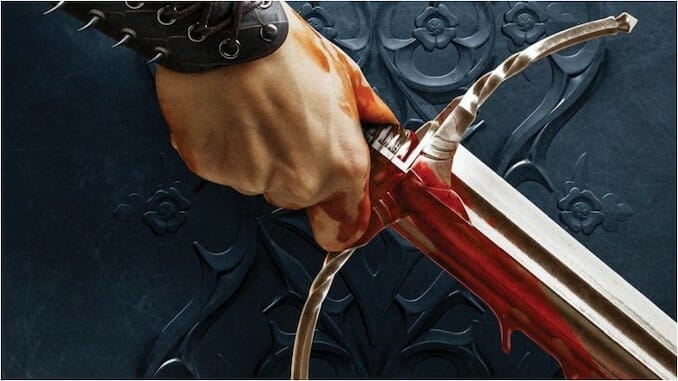Blade Breaker: Victoria Aveyard’s Epic Fantasy Sequel Ups the Stakes For All

Middle books are difficult things. They have to keep an established story moving at a brisk pace while giving readers just enough tantalizing new plot or character developments to keep them interested without answering all their questions or spoiling the series ending. After all, middle books are technically the part of the series that doesn’t really have a definitive beginning or end. (And in the world of fantasy, that means they almost always end in a cliffhanger.) It’s a challenging balance to strike and novels that are “in the middle of things” in this way can often be unfairly criticized for external narrative factors that aren’t entirely within the scope of the stories they’re telling
Author Victoria Aveyard is no stranger to writing doorstopper fantasy: her Red Queen series spans a quartet of five hundred plus page tomes and balances a trio of major POV characters. Her work is known for its intricate plotting, lush worldbuilding, compelling romances, and utter willingness to break with many of the traditional expectations of this genre. (And whether you loved or hated the ending of its final novel War Storm, you have to hand it to her for her willinness to take risks.)
Her new Realm Breaker series feels like a natural evolution for Aveyard as a writer—as a whole, it’s a generally more mature story with a massive cast of characters, a setting with its own complicated history and geopolitical problems, and a forthright adventure/quest premise that nevertheless leaves room for plenty of shades of gray within its lines.
-

-

-

-

-

-

-

-

-

-

-

-

-

-

-

-

-

-

-

-

-

-

-

-

-

-

-

-

-

-

-

-

-

-

-

-

-

-

-

-








































